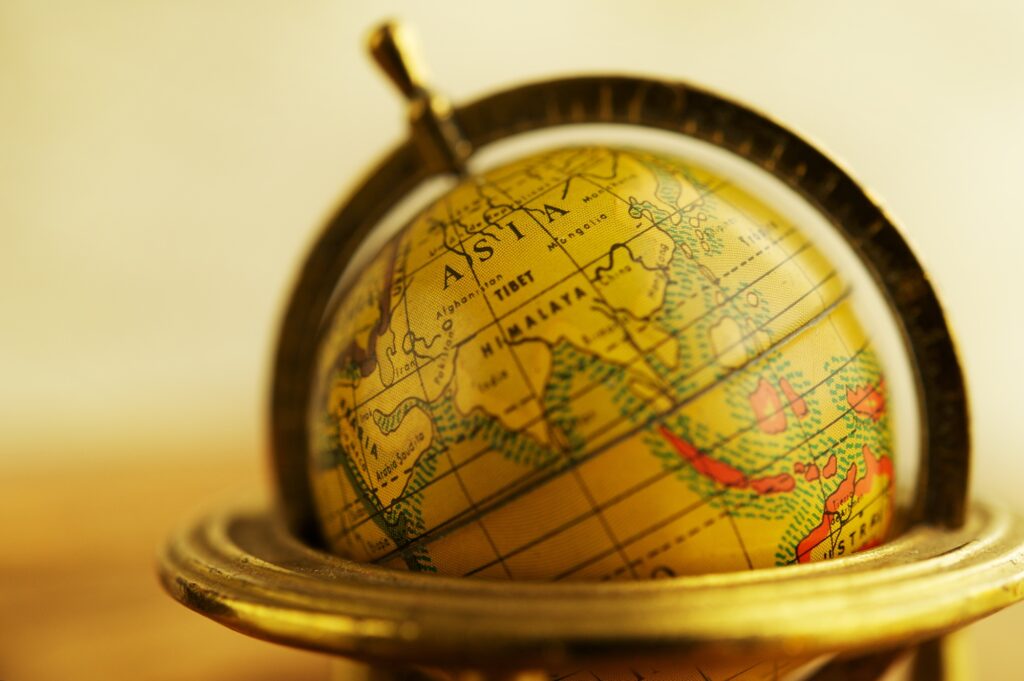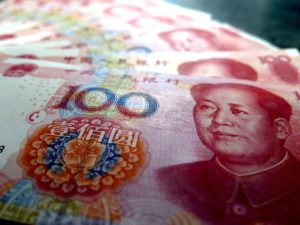I recently returned from a World Trade Center Utah delegation to Singapore, where I attended a briefing with Singapore’s first ambassador, Tommy Koh. Koh is a legendary diplomat and international law professor who humbly describes himself as a “founding servant” of Singapore. His list of accolades and professional accomplishments is significant, as well as his ongoing work at the age of 85, specifically regarding engagement with China’s current leadership.
He was president of the Third United Nations Conference on the Law of the Sea and instrumental in getting the UN Convention on the Law of the Sea passed in 1982, which currently has 168 signatory nations. He also negotiated Singapore’s free trade agreement with the U.S. and led the normalization of diplomatic relations between Singapore and China in 1990. And he chaired the ASEAN drafting committee.
Koh described himself as a friend and sometimes loving critic of the US. He co-chairs annual dialogues with China and Japan and, until recently, India, because he felt that he was stretched too thin and wanted to concentrate more on China and Japan. Overall, I found him to be open, pragmatic, easygoing, and smart. He spoke to us without the aid of any notes.
On US-China Relations
According to Koh, the US and China are in the fourth stage of their relationship. In the Mao Zedong era, the US and China were adversarial. In the second stage, ushered in by Richard Nixon’s and Henry Kissinger’s diplomacy, the US saw China as a necessary ally against the USSR, believing that bringing China closer to the West would help democratize the country. This hope of China’s eventual democratization continued through the third stage where China became a capable competitor to the US.
By the onset of the US financial crisis in 2008, which roughly coincided with Barack Obama’s election, Chinese leadership felt that its moment had arrived and that it could work independently from the US. This internal decision and nuanced declaration from China resulted in the adversarial relationship that continues today. Xi sees the US’s efforts against China as comprising only encirclement, containment, and suppression. Koh predicted a lot of collateral damage in the world if the US and China continue down this confrontational path.
On China-ASEAN Relations
Koh has decades of perspective on China. He said Xi Jinping is a visionary leader with great aspirations for China. But he said Xi has made some tactical blunders in his leadership, specifically by announcing China’s ambitions to the world in the Made in China 2025 Plan. China launched its Belt and Road Initiative (BRI) in 2013, announced its Made in China 2025 Plan in 2013, and established the Asian Infrastructure Investment Bank (AIIB) in 2016.
Koh did not mince words when describing China’s deteriorating relationship with the rest of the world, especially its ASEAN neighbors. Koh sees China’s actions surrounding the South China Sea as distinctly separate from China’s tenuous trade and diplomatic relationship with the US. He said there are tangible reasons why the 10 ASEAN nations view China as the least trusted nation. Beyond the South China Sea issue, China has built 11 dams on the Mekong River Delta without giving a second thought to the downstream countries in Southeast Asia.
He said the Chinese leadership incorrectly believes that history and current power are more important than the rule of law, and that is reflected in China’s interactions with its neighbors and the rest of the world. Koh said that he is very frank with China’s leaders behind closed doors but refrains from speaking openly so that he does not embarrass them. This is the face-saving aspect of Asian cultures where consensus-building is more important than aggressive timelines.
On Economic Development
According to Koh, Singapore is not the only nation to have an economic miracle. South Korea, Taiwan, and Ireland have each had similar gains within a generation. He attributes Singapore’s gains to its small size and openness to change. The country embraces technology, including its Ministry of Education encouraging the wise use of ChatGPT in Singapore’s education system.
Concluding Thoughts
Overall, Koh reflected Singapore’s pragmatic attitude toward dealing with China, the US, and the rest of the world. Singapore’s leaders have helped it punch far above its weight in the region, and they will continue to be the economic and diplomatic driver in the region. He said that the ASEAN nations already have a very integrated economy and are working more to integrate their operations to encourage the world to do business there.
We will continue to watch intently and comment on how Singapore and the other ASEAN nations (and India) balance and advance their interests while doing business with China and the US. And it will be interesting to see how Mexico and the rest of LatAm continue to capitalize on this opportunity, as well.
For more information, see:
Securing Essential Intellectual Property Rights in China: A Comprehensive Guide
Nearshoring to Mexico: The Key Questions to Ask

























